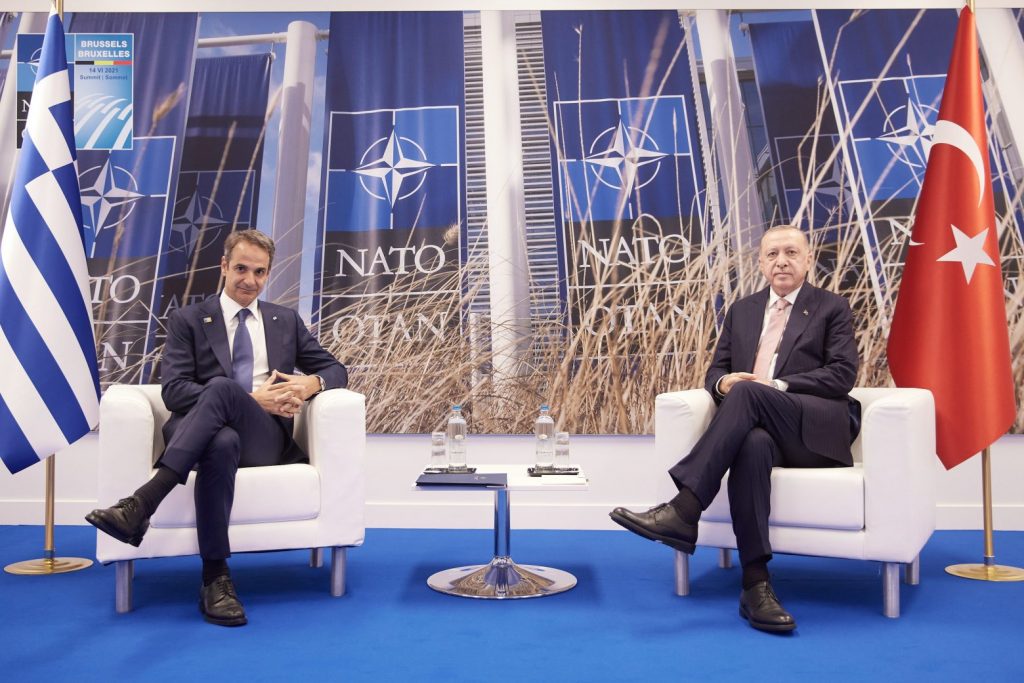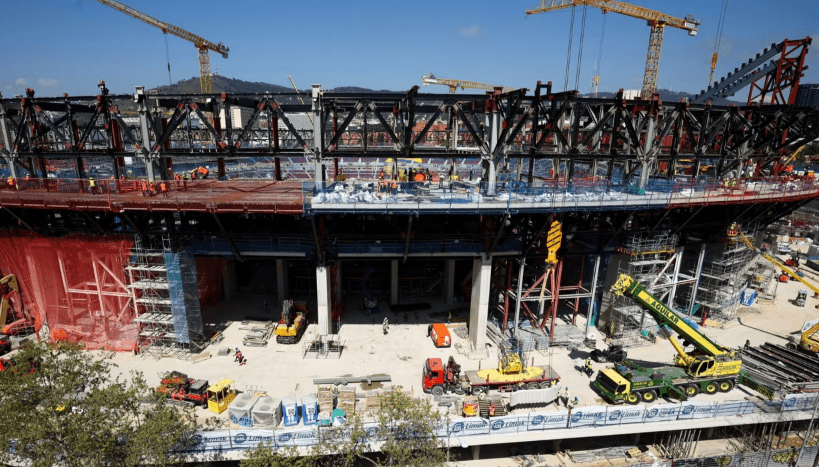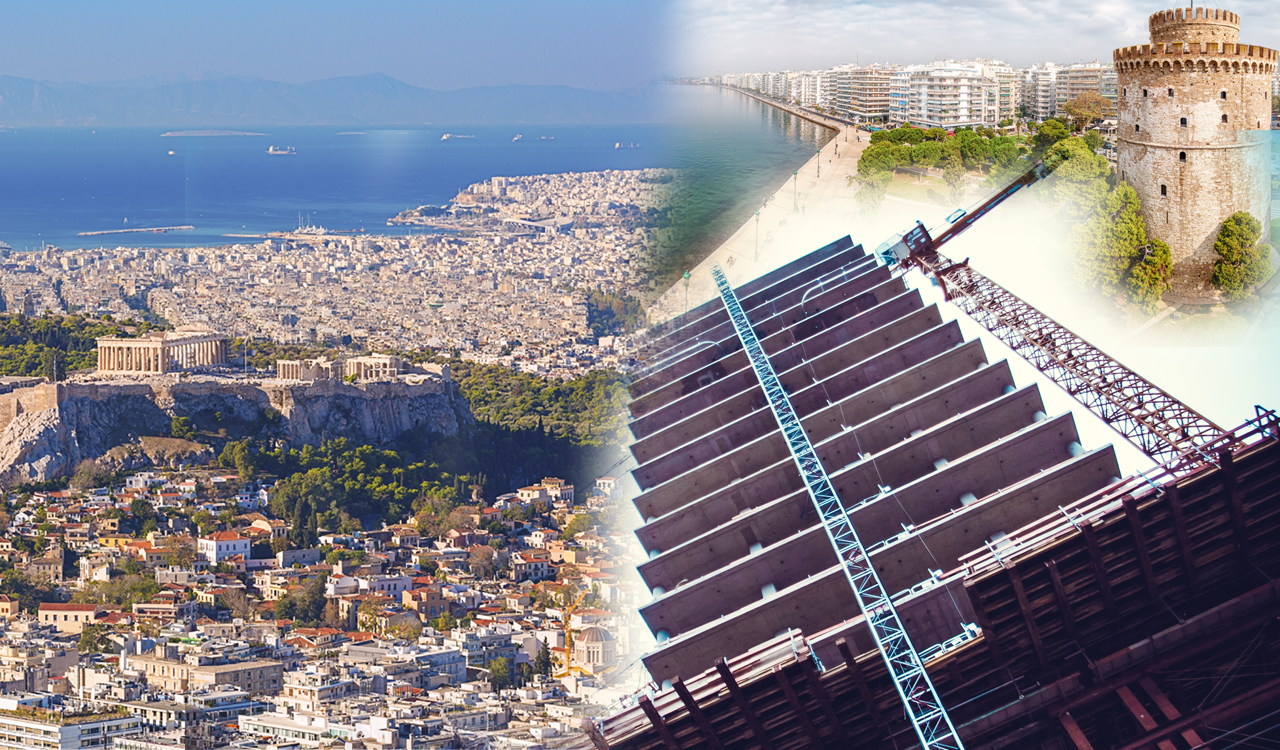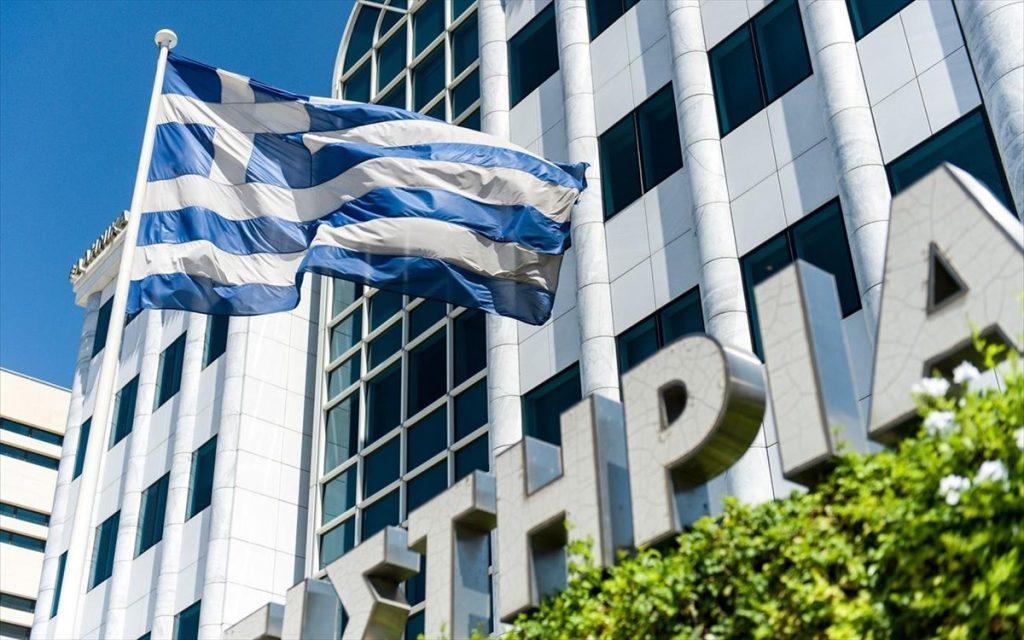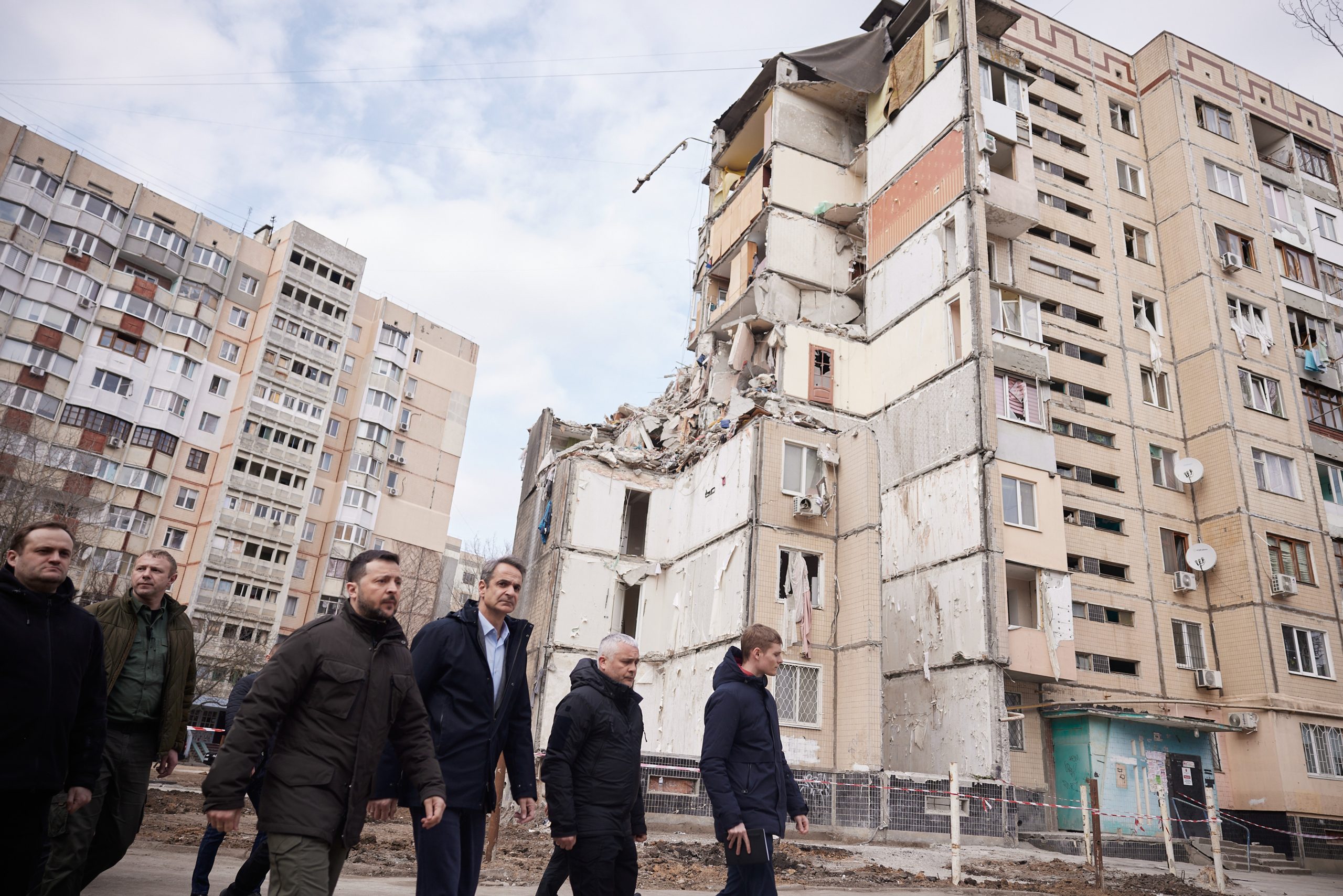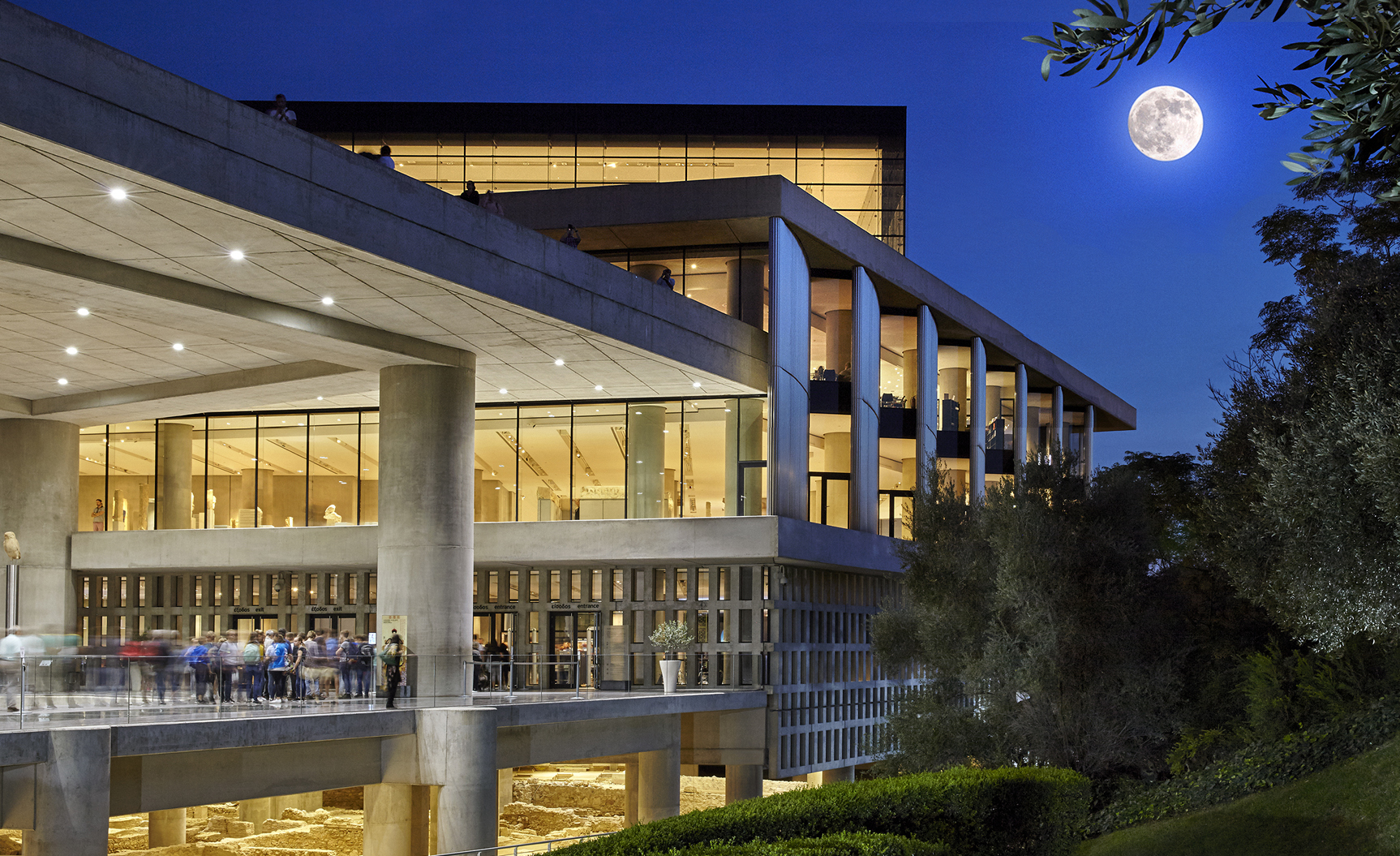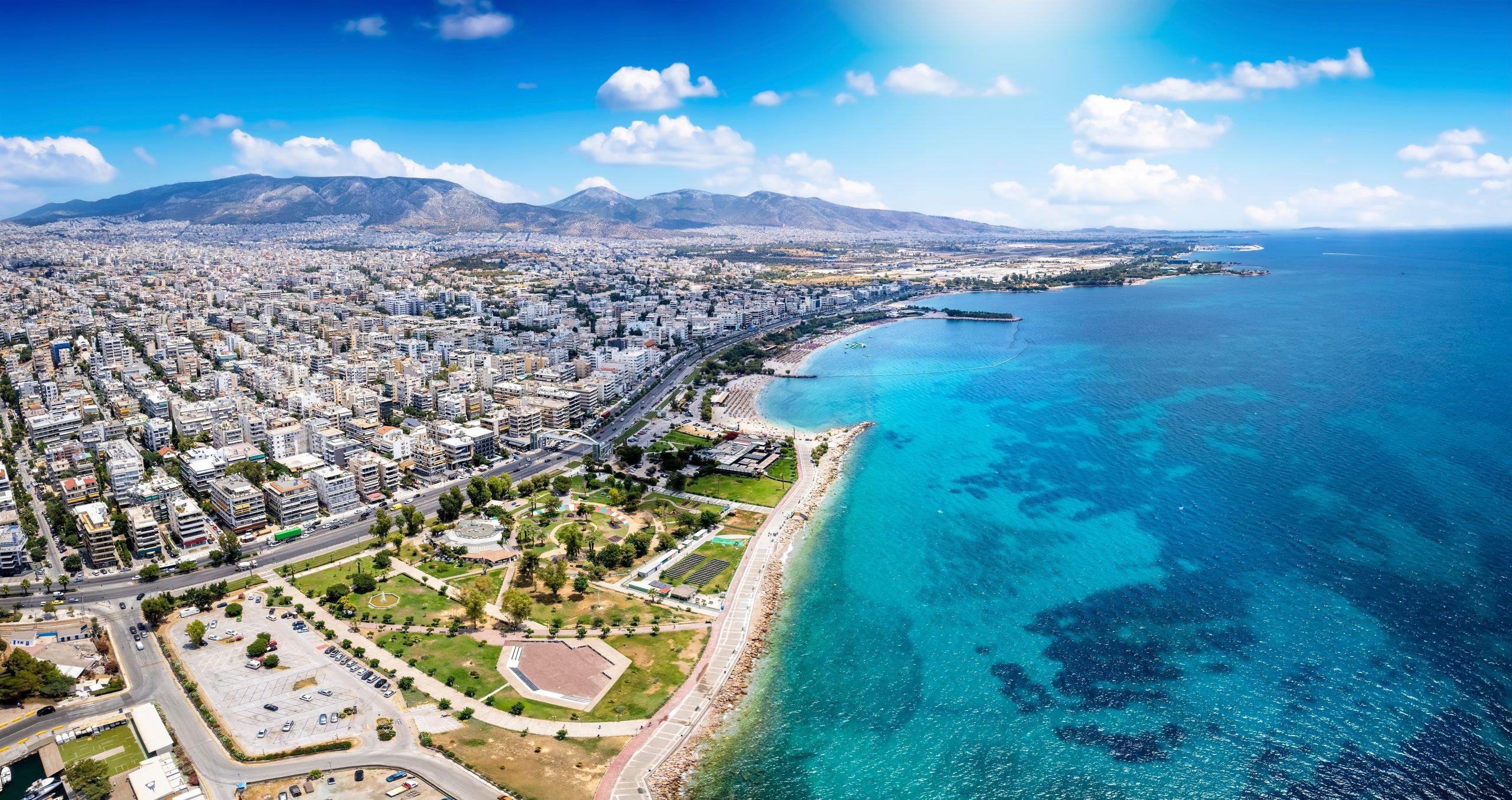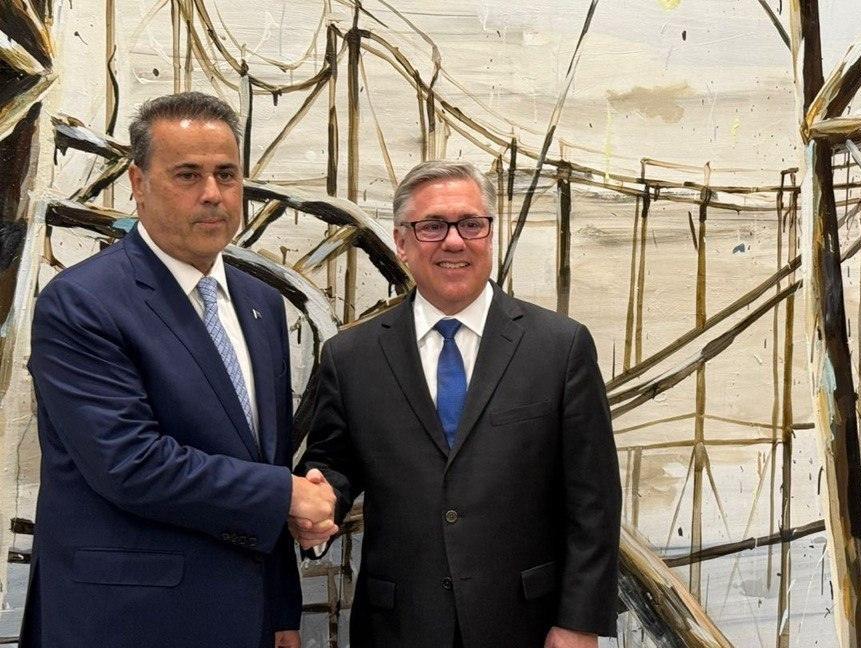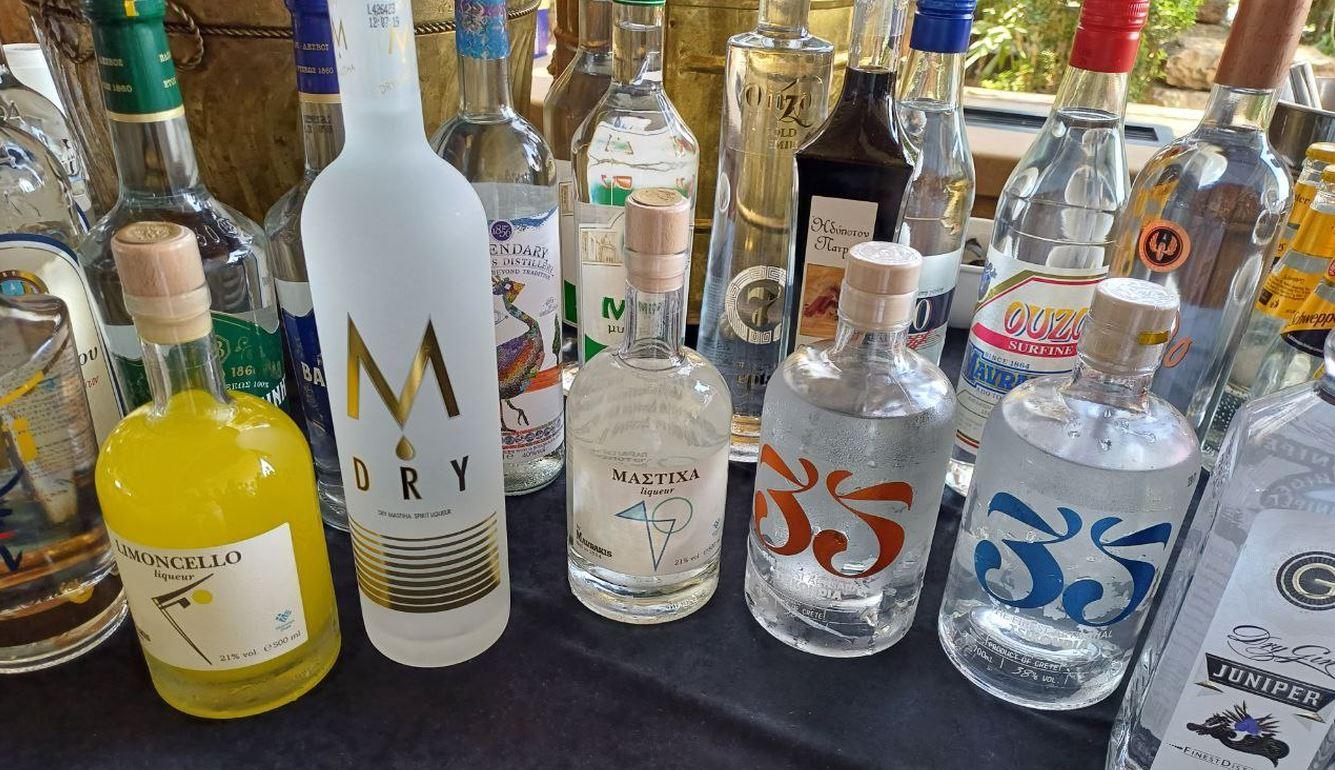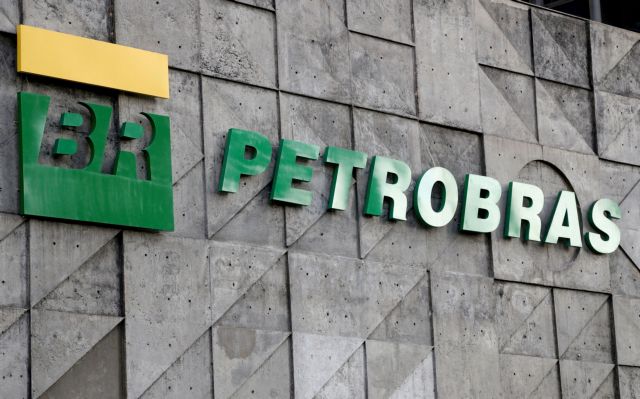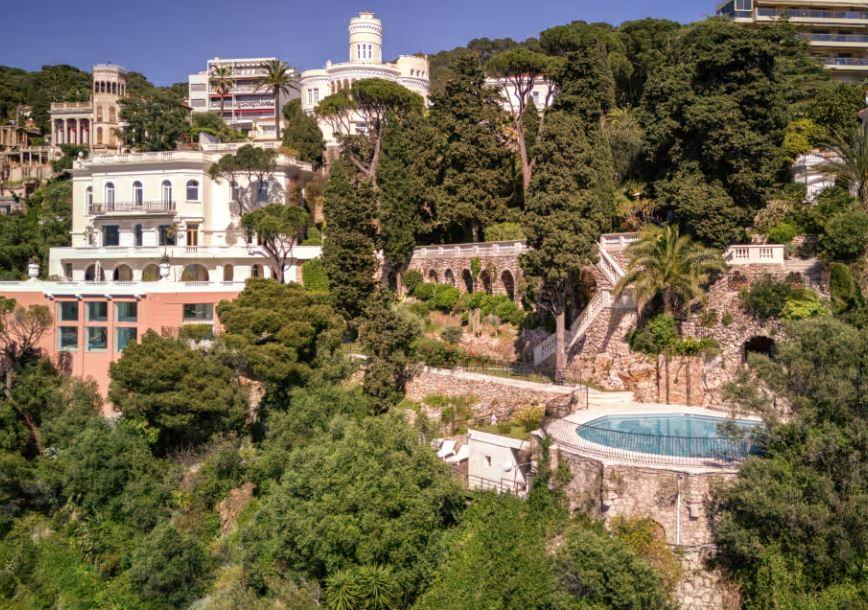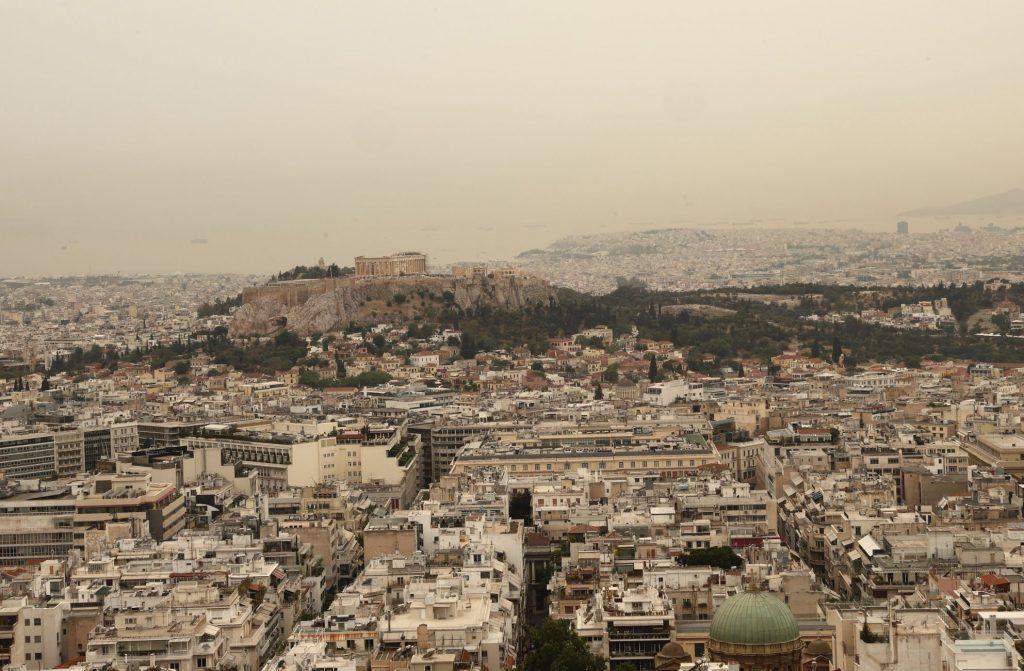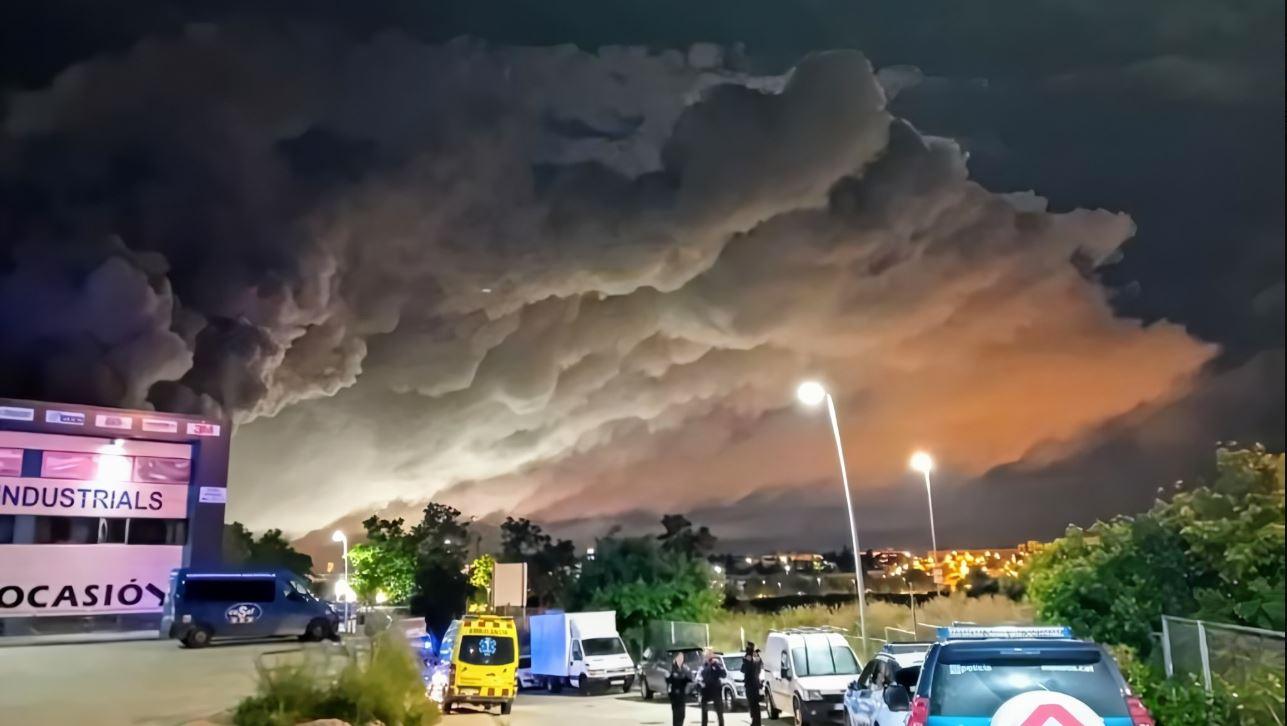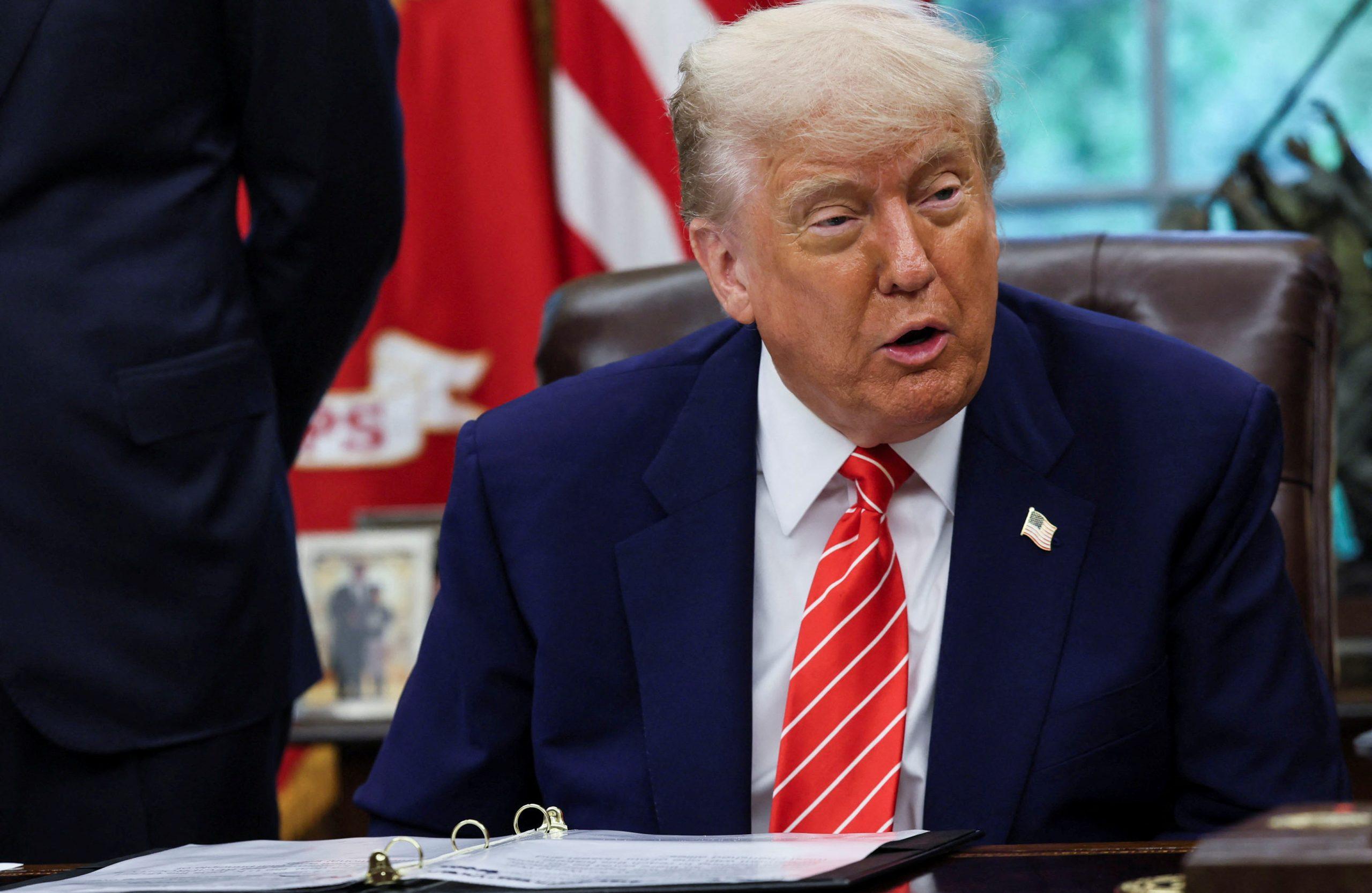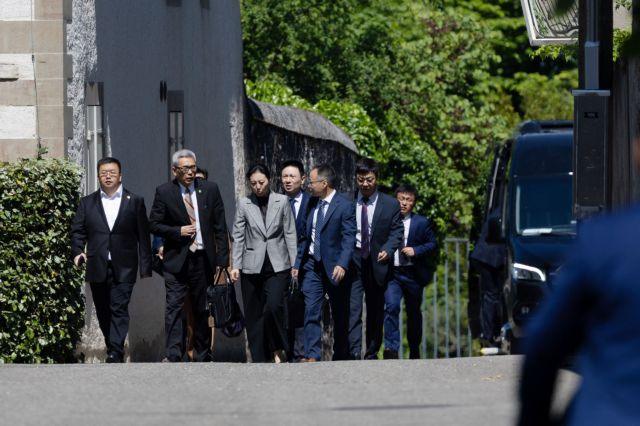As is often the case with “established” sources of tension, sometimes more important than whether there is real progress in addressing open issues is that there is no sense of tension or that no more problems are being added to existing ones.
Greek-Turkish disputes are also in this category. The open issues are very real and very large. Only they have been open for quite some time and in which direction they will be resolved is neither a given nor is it easy.
Nor, however, is it easy for a party to try to “blackmail” a correlation dynamics for some “solution” in one direction or another, without causing tensions that can go in uncontrollable directions.
In such cases, managing the existing balance and avoiding further tensions, even at the relative cost of making key aspects of existing open issues a de facto “gray area”, seems temporarily more preferable.
When both countries have other priorities
And this becomes even more intense when both countries, even from different starting points, have other priorities that at this stage can be facilitated by the image that there is no escalation of tension in Greek-Turkish relations.
Let us not forget that the intensity of the summer of 2020 and the fact that for the first time in several years the “international community” realized that Greek-Turkish relations include the possibility of a “hot incident”, was the starting point for much “interest” with the object precisely of avoiding such a contingency. In addition, it created a treaty where no country would want to be listed as the one that caused escalation.
Above all, however, the feeling that we are in a transitional period played a role in the choice of this “moratorium”. For both countries.
Turkey, which in the past has tried to claim a role as a regional power that could play with the increased distance and tension between the US and Russia, among other things and to be able to secure Russian support in the face of the “existential danger” of a Kurdish quasi-state entity in Syria, is trying to adapt to the escalating “new Cold War”, claiming to remain part of the “West” even on its own terms. After all, Turkey knows that it would be very difficult for the US to let such a critical “link” of the Western alliance to stray even further. However, Turkey also understands that it has a more skeptical US government and a more cautious Europe, despite the fact that the Joint Declaration on Immigration in particular puts a limit on European policy towards it.
All this points to the need for Turkey to show that it is “not provoking”. This is not so much about its rhetoric as about whether and to what extent it takes specific initiatives. This has been reflected in the way it has handled hydrocarbon searches in disputed areas, in order to avoid any discussion of EU sanctions. A handling that has been successful so far, given the European mood at this stage is to dampen sources of tension .
At the same time, in this way, Erdogan can deal with other, possibly more urgent concerns. With the 2023 elections approaching and his popularity not being at its best due to problems in the Turkish economy (mainly in relation to the lira but also rising unemployment especially among young people) and due to the headache of revelations about corruption, Erdogan wants to project the image of a Turkey that is accepted internationally as a serious power. The coverage given to the good atmosphere in the meeting with Biden is indicative in this respect.
At the same time, the Greek side does not want an escalation of tension at the moment. After all, there is a growing awareness that even if the Greek side claims international law in its favor and argues that it is not the “attacking” force, in the event of a “hot incuident” the “international community” is likely to treat both countries as “part of the problem ”and therefore to push for arrangements that would not necessarily be positive for the Greek interests.
In addition, the government is facing a difficult economic restart after the pandemic, with several questions, especially for this year’s tourist season (which would be negatively affected by an escalation of tension in the Aegean), and therefore would not want to add the Greek-Turkish tension to the existing problems. At the same time, it hopes that by stating a clear intention for dialogue with Turkey, it can secure greater support from both European partners and the United States in the direction of “pressure” on Turkey to choose a substantially more compromising stance on Greek-Turkish issues.
The international factor is pushing for de-escalation
In all this, let us not underestimate the parameter of the international factor. The climate that emerges after both the G7 summit and the NATO summit tends towards a greater Euro-Atlantic coexistence in the direction of greater rivalry with both Russia and China. This also creates an environment of pressure as to the absence of “internal conflicts” within the alliance, even if NATO has historically failed to manage the existing Greek-Turkish differences. However, to the extent that both Turkey and Greece want to have the support of the alliance at this stage, and especially the United States, this pushes them to give the impression that today they are not jeopardizing the unity of the alliance.
The “new page” has not been turned yet
Does all this mean a “new page” for Greek-Turkish relations? It would be too early to talk about it. After all, Turkey has not shifted substantially from its “revisionist” positions on international law, at a time when Turkey’s domestic political dynamics and the coexistence (and interdependence) of the AKP and MHP reinforce the nationalist rhetoric combined with overemphasis on Turkey’s international role. In addition, the new investment in “coexistence” with the West (as well as the US effort not to “lose” Turkey) could also fuel a new, more aggressive stance on Greek-Turkish relations.
On the other hand, the de-escalation of tension and the maintenance of constantly open channels of communication could give impetus to a “step-by-step” process of approach that could potentially acquire its own dynamics, always in relation to the wider international environment.
